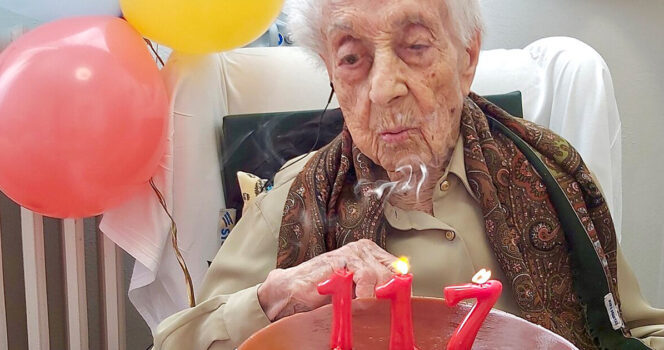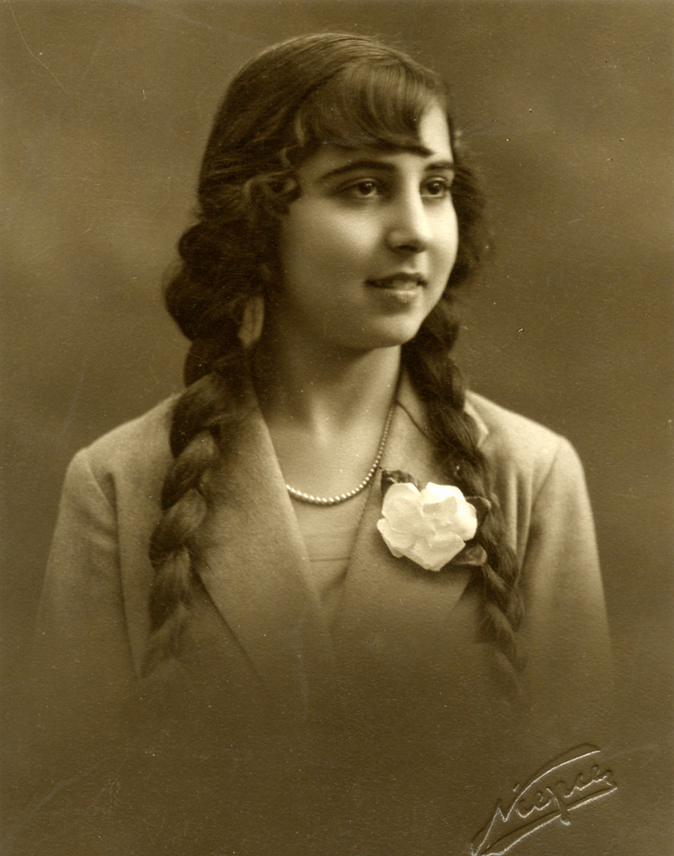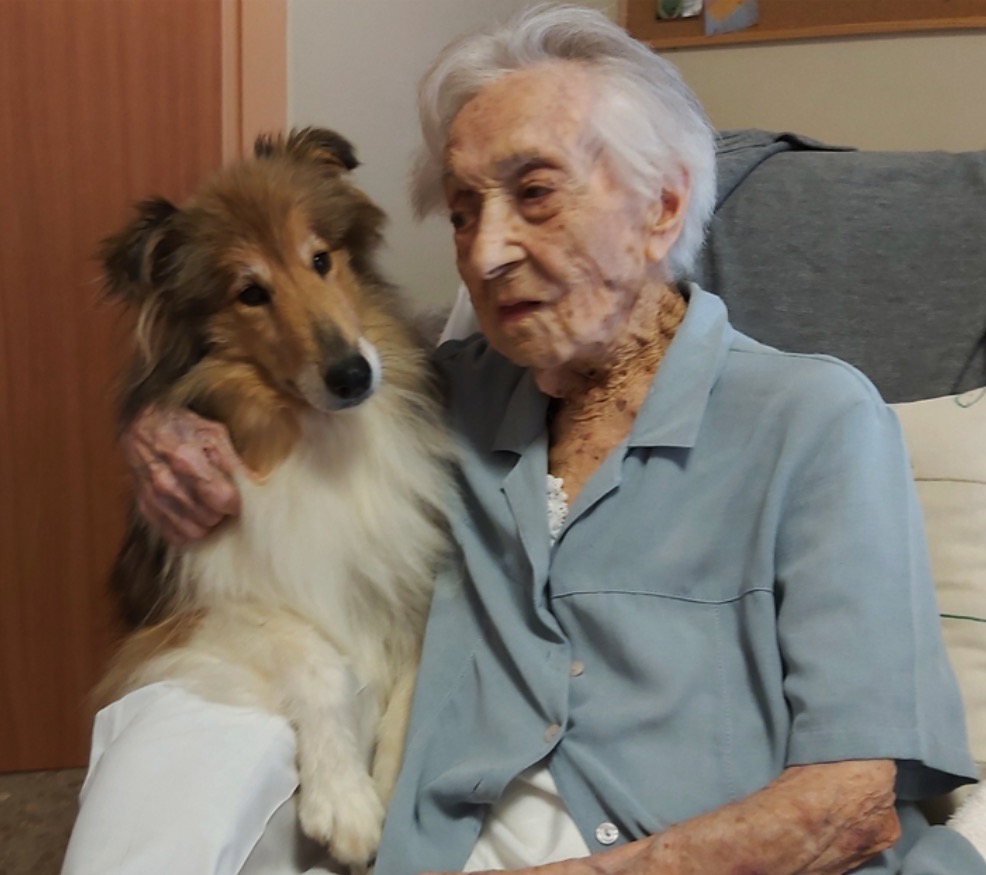
Many of us dream of living forever — and science is making huge strides in that direction.
Now, the DNA of an American-Spanish woman is giving us even more clues.
Made a remarkable request
Maria Branyas Morera was born in the United States on March 4, 1907 — seven years before the outbreak of World War One. The Spanish-American supercentenarian lived an extraordinary 117 years, passing away in 2024 after a life that spanned more than a century of history.
During her lifetime, she witnessed two world wars, 21 U.S. presidents, and countless technological innovations that completely transformed the way people lived. Although born in San Francisco, Maria moved with her family to Spain in 1915 to settle in Catalonia.
Tragically, her father died from pulmonary tuberculosis toward the end of the journey, but Maria went on to spend the rest of her remarkable life in her adopted homeland.
Before she died, she made a remarkable request: she asked doctors to study her DNA to understand what made her the world’s oldest living person, hoping her insights could help others live longer.

This request prompted a team of Spanish scientists, including researchers from the University of Barcelona and the Josep Carreras Leukaemia Research Institute, to examine her biological profile. They started collected tissue samples and analyzed her cells and genetics.
Speaking to The Times, Dr. Manel Esteller, the lead investigator on the study, said:
“The common rule is that as we age we become sicker but she was an exception and we wanted to understand why. For the first time, we’ve been able to separate being old from being sick.”
He added:
“We can develop drugs to reproduce the effects of good genes. Maria’s parents gave her very good genes, but we cannot choose our parents.”
Inside the results
The results were astonishing. Maria’s biology suggested she was 10 to 15 years younger than her actual age, making her a sprightly centenarian at 117.
She had exceptionally low levels of ‘bad’ cholesterol and triglycerides, alongside very high levels of ‘good’ cholesterol.
Her long life was also supported by healthy habits. She exercised regularly, avoided smoking and alcohol, and maintained an active social life. Maria had another unusual habit that may have contributed to her longevity: her love of yogurt.
She favored the Spanish brand La Fageda, a probiotic yogurt known for its inflammation-fighting bacteria. Her mornings often began with a smoothie packed with eight different cereals.

Scientists also noted unique features in her telomeres, the protective caps on the ends of chromosomes. While short telomeres are typically linked to higher mortality, research suggests they may not be a reliable marker of aging in the very old. In Maria’s case, her short telomeres may have even helped protect her, potentially limiting cancer cell growth.
“The picture that emerges from our study, although derived only from this one exceptional individual, shows that extremely advanced age and poor health are not intrinsically linked,” the researchers, led by epigeneticists Eloy Santos-Pujol and Aleix Noguera-Castells, said, according to Science Alert.
Dr. Esteller concluded:
“The clues for extreme longevity are a mix between what we inherited from our parents and what we do in our lives. This mix, the percentage depends, but it can be […] half and half.”
Her own advice to a long life
Morera became the world’s oldest person when French nun Sister André died on January 17, 2023. Until her own death at the age of 117 years and 168 days on August 19, 2024, Morera held the title of the world’s oldest verified living person.
In March 2020, Branyas became the oldest person at the time to recover from COVID-19. In an interview with The Observer, she called for better treatment of the elderly, saying:
“This pandemic has revealed that older people are the forgotten ones of our society. They fought their whole lives, sacrificed time and their dreams for today’s quality of life. They didn’t deserve to leave the world in this way.”
Morera, whose Twitter biography read that she was “very old but not an idiot,” lived in Catalonia for the rest of her life. She had three children, 11 grandchildren, and 13 great-grandchildren. With the help of her daughter, she shared advice on Twitter, attributing her longevity to:
“Order, tranquillity, good connection with family and friends, contact with nature, emotional stability, no worries, no regrets, lots of positivity, and staying away from toxic people.”

Maria Branyas Morera’s life is a testament to the power of good genes, healthy habits, and perhaps a little daily yogurt. Her story reminds us that aging doesn’t automatically mean declining health — and her legacy could help scientists unlock the secrets to longer, healthier lives.




